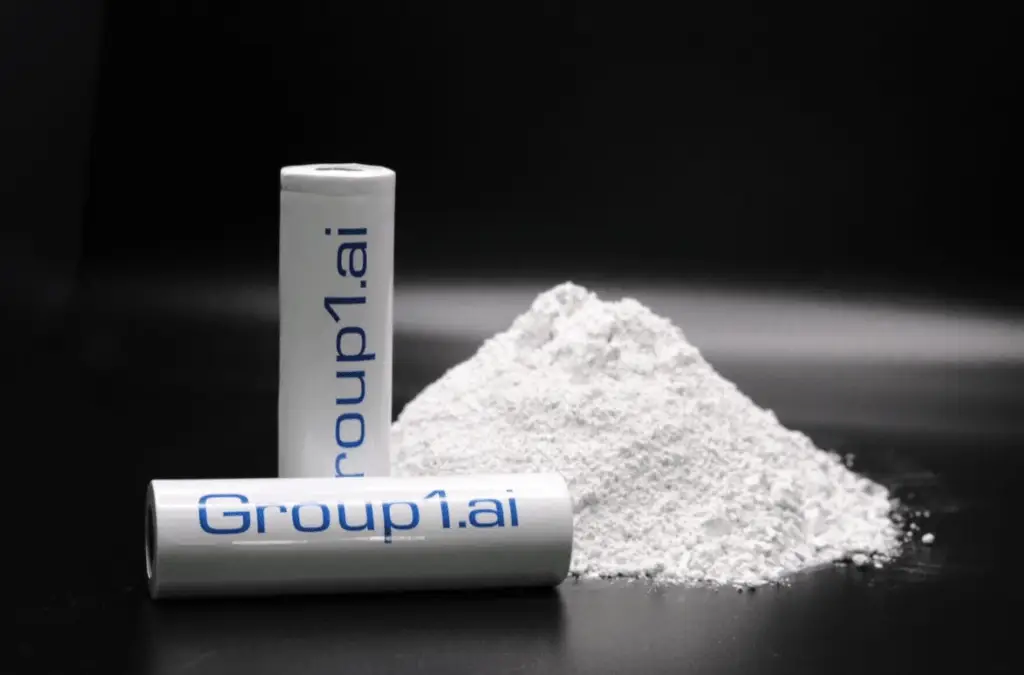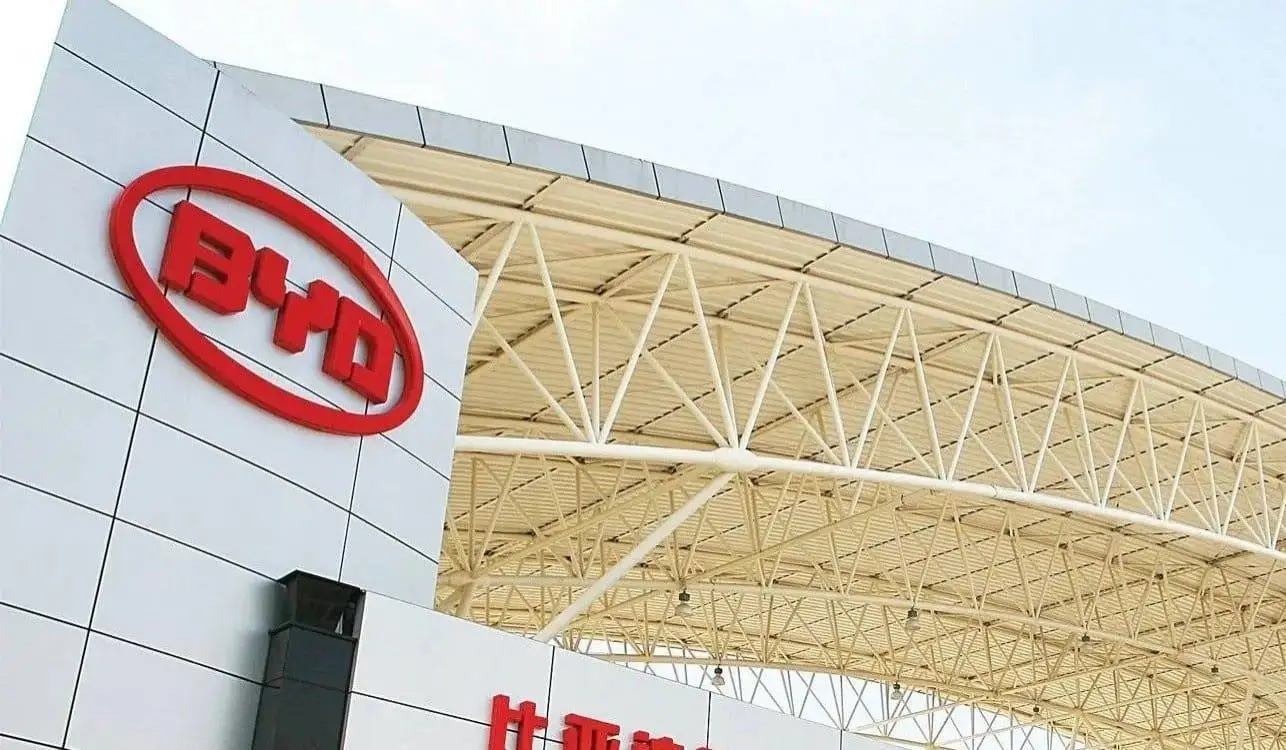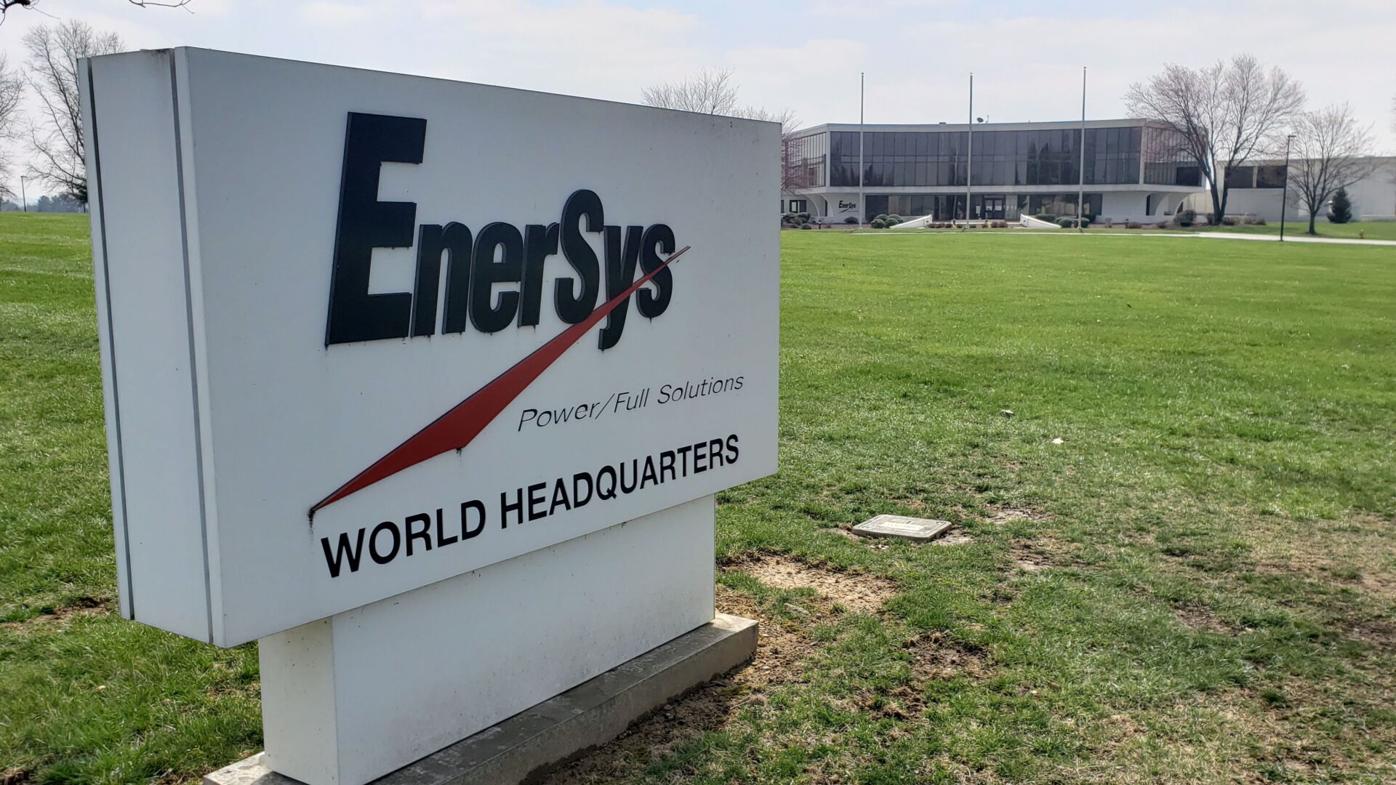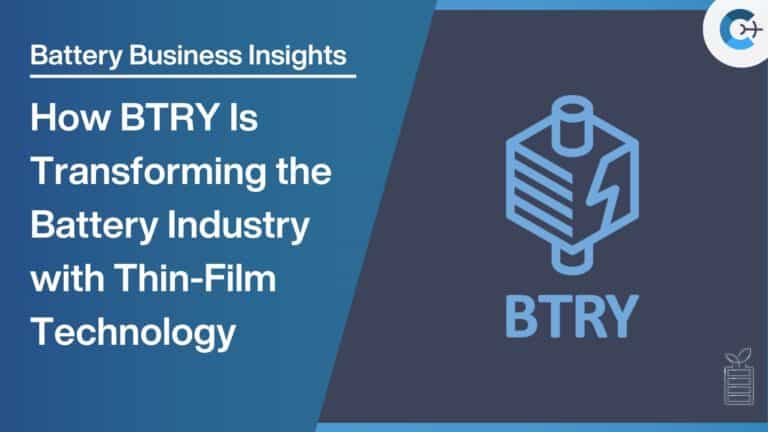Group1 has developed the world’s first potassium-ion battery (KIB) in the widely used cylindrical 18650 format. This new technology provides an alternative to traditional lithium-ion batteries and has the potential to address several energy storage challenges.
KIB technology eliminates the need for critical minerals such as nickel, cobalt, copper and lithium, providing a more sustainable and potentially lower cost option. Its compatibility with existing lithium-ion battery manufacturing processes may facilitate adoption by current manufacturers.
Central to this development is Kristonite™, Group1’s proprietary 4V cathode material. This engineered component, part of the Potassium Prussian White (KPW) class, enables the KIB to compete with both LiFePO4 (LFP) lithium-ion batteries and Sodium-ion batteries in terms of performance, safety, and cost-effectiveness.
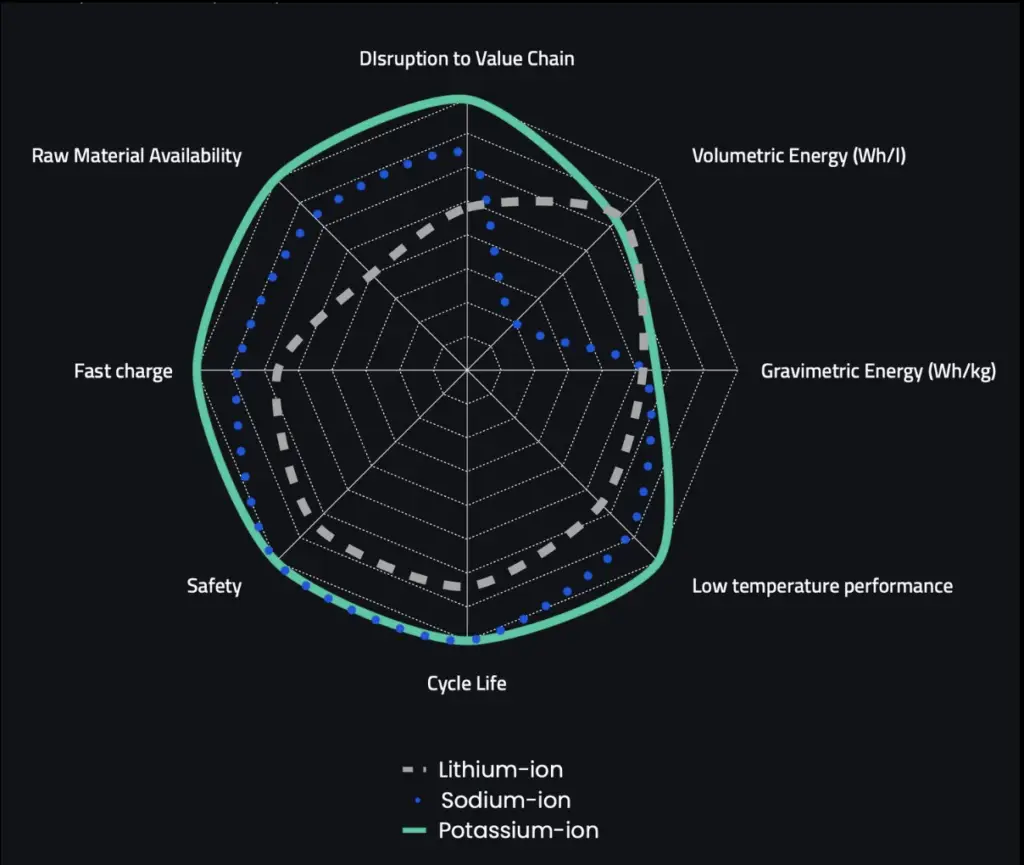
The new 18650 KIB cells feature extended cycle life, high discharge capability, operating voltage of 3.7V, and potential for 160-180Wh/kg gravimetric energy density. These characteristics position the KIB as a candidate for mobility applications, with potential implications for supply-chain management and domestic manufacturing of battery technology. Group1’s CEO, Alexander Girau, stated: “This innovation is the result of extensive research and product development. We aim to contribute to a more sustainable and efficient energy future.”
The KIB was presented at the 14th Annual Beyond Lithium Conference at Oak Ridge National Laboratory, attracting interest from scientists and industry professionals. Group1’s presentation outlined the product’s evolution from coin cell to pouch cell to 18650 format. Group1 has also begun distributing samples to key Tier 1 Original Equipment Manufacturers (OEMs) and cell manufacturers. The potential impact of this technology on several sectors, including consumer electronics, electric vehicles and grid storage, remains to be seen.
Founded in Austin, Texas in 2021, Group1 is based on the research of Nobel Laureate Professor JB Goodenough. Its stated mission is to develop safe, efficient, and environmentally friendly battery solutions. As energy storage technology continues to evolve, innovations like Group1’s potassium-ion battery can help reshape approaches to energy storage and use. The full potential and practical applications of this new technology are likely to become clearer in the coming months and years.
Source: PR Newswire, Group1

